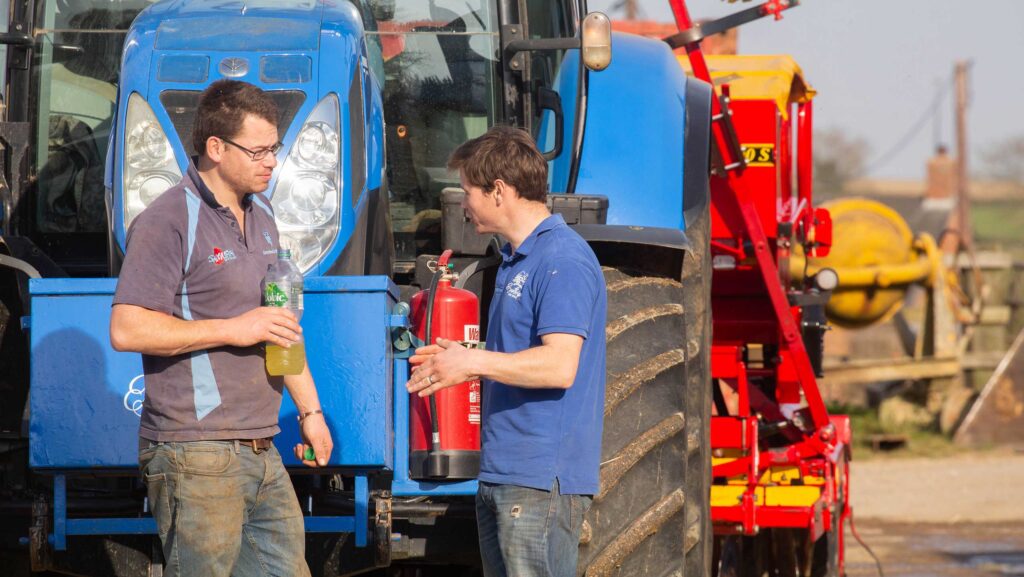Scots government unveils £2m support package for new entrants

More than £2m will be invested by the Scottish government to support young people looking to work in farming.
The Next Generation Practical Training Fund will provide grant funding towards the cost of training courses for young people starting careers in the agricultural sector.
At least £300,000 each year is due to be allocated to the fund, and it will remain open until March 2027.
See also: Free on-farm vet visits help to secure equipment grants
A new Land Based Pre-apprenticeship Programme has also been launched, with £1.8m committed over a three-year period. This programme is designed to teach young people practical skills to help them gain future employment in agriculture.
Scotland’s agriculture minister, Jim Fairlie, announced the two schemes at a summit on new entrants at the Royal Highland Centre on 21 May, held in partnership with NFU Scotland (NFUS).
Mr Fairlie said: “I know from my own experience the hard work and dedication that it takes to enter the industry as a new farmer and the challenges young people can face.
“These two funds will help more people get practical training to launch their agriculture careers.”
He added that the pre-apprenticeship programme had been expanded to take on up to 400 people, and that the training fund had already received more than 60 applications.
NFUS vice-president Duncan Macalister welcomed the investment in practical training and pre-apprenticeship opportunities.
“These programmes are not just about developing skills; they are about securing the future of Scottish agriculture,” he said.
“We urgently need action on land access and capital support to complement this step forward, so that young people can see a clear, supported path into the sector.”
Lantra Scotland will help deliver training for new entrants, with director Dr Liz Barron-Majerik saying the schemes will greatly benefit those starting out in agriculture.
Futureproofing ag workforce
The summit also addressed concerns of an ageing agricultural workforc,e in Scotland with discussions around how the industry could continue to support and encourage the next generation.
Jillian Kennedy, chair of the Scottish Association of Young Farmer’s Clubs said: “Half of our current agricultural workforce is over 50. If we want to future-proof farming in Scotland, we must act now.
“This summit must be the starting point for long-term collaboration and real progress.”
